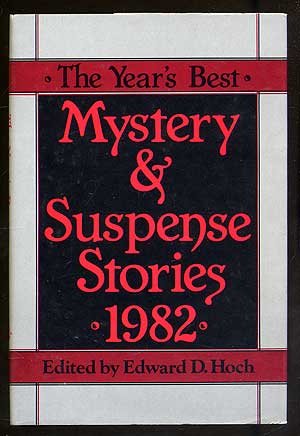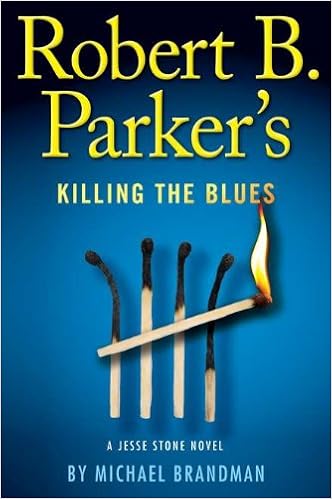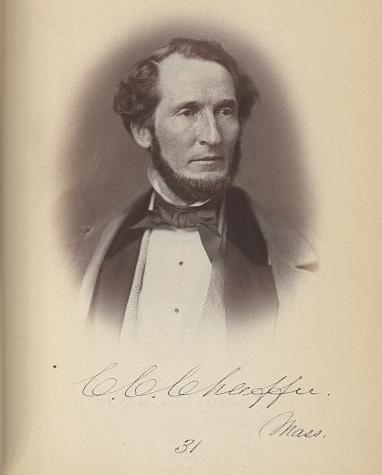This appeared on a different blog seven years ago and was one of my most popular pieces. I figured many of you haven't read it and the rest have forgotten it, so....
LOOK OUT!
Don’t you see that car fishtailing up the road, barely staying on the pavement? It’s heading straight to the cliff, zooming like the brakes have been cut, and it seems that in just a few seconds it will crash to certain doom. We may have just enough time to figure out what kind of a novel we are in …
If the driver is the local aristocrat that everyone in the village hates and has reason to kill, this is a cosy.
If the driver is a young punk who has just realized, too late, that the beautiful woman he slept with last night had no intention of sharing the dough with him, this is a noir.
But if that punk has in his pocket a compromising photo that implicates a millionaire’s daughter in a vicious murder, we’re in a hard-boiled.
If the driver and passenger are currently engaged in an activity that might feature in a compromising photo, this could be pornography. The Supreme Court will know it when they see it.
If the driver is in a mad rush to get Scruffy to the vet, and Scruffy will eventually have to drag his master out of the burning wreck with his two remaining teeth, this is a dog novel.
If the driver, nursing deep scratches on both arms, is steering with one hand while trying to stuff poor kidnapped Mitzi back into the carrier case, this is a cat mystery.
If the driver is attempting suicide because he just discovered (on the day he got his license!) that his sexy driver’s ed teacher was only pretending to like him to get the attention of the hateful football coach, this is a coming-of-age novel.
| None of the above. |
If he took the wrong road because he just heard his wife being interviewed on the radio, and he thought she died in South America ten years before, it is psychological suspense.
If the handsome young man races up in a jeep at the last moment to pull the beautiful driver out the car, it’s a romance.
But if she realizes that that handsome young man had been tinkering with the car just before she got in it and she has to decide right now whether she trusts him or not, this is romantic suspense.
If the only one who had the chance to tamper with the brakes was the handsome young man’s insane mother, it’s a gothic.
If the car is being chased by a crack squad of militant monks because the driver is in possession of the only extant copy of the Perth Amboy Codex, an ancient manuscript that claims St. Paul was a woman, this is a religious thriller.
If the car is being chased by a tank, it’s is a war novel.
But if the tank is full of Confederate soldiers, this is alternate history fiction.
And now the car is flying off the cliff…
But if, on the other hand, the driver, a handsome man with a ruthless expression and an ironic smile, jumps out the window and, by pressing the right lapel on his tuxedo, turns his pocket handkerchief into a fully-functional parachute, then this is a spy novel.
If the car suddenly emits a pale green light and takes straight off into the sky, it’s science fiction.
If little Maisy in the back seat prays really hard and the car lands, unharmed, in a tree, this is inspirational fiction.
If the driver manages to scrabble out to safety but the car, weighted down by a trunkful of gold bullion, sinks forever into the swamp, it’s a caper novel.
If that same driver lands safely in a pile of pig manure, it’s a comic caper novel.
 |
| Attribution below. |
If the brake cable was sliced exactly 17 centimeters from the pedal with an Entwhistle Model 22K cable cutter, which is sold only by three hardware stores in the northeast, this is a police procedural.
If the car crashed because of a design flaw which only one engineer in the whole world can detect, and he is a drunken has-been, living on hand-outs from the company that made the mistake in the first place, this is a legal thriller.
If the driver is found to have a temperature of 105 degrees, green splotches on his skin, and breath that smells like nutmeg and old firecrackers, we’re in a medical thriller, and I hope you had your shots.
If it turns out the driver, alone in the car with all doors locked and windows closed, was stabbed through the heart with a dagger which is not even in the car, this is a locked room mystery.
If it turns out the driver died for no reason and everyone spends the rest of the book feeling very, very sad about it, this is mainstream literature.
If the driver turns to ashes as the sun comes over the horizon, this is a vampire novel.
If the driver turns out to be the president’s best friend, who hasn’t been seen since the day after the election, it’s a political thriller.
If the driver’s sister discovers a tragic secret in the wreckage, and has to decide whether to share it with the family, this is women’s fiction.
If the driver got the heel of her Manolo Blahnik caught in the gas pedal, this is chick lit.
If there is no driver, it’s a ghost story.
If the trunk contained forty-seven jars of homemade jelly which were intended for a tasting at the new gourmet food store in town, this is a novel with an amateur detective.
If this is the fifth car to zoom over a cliff in the last two years, it’s a serial killer novel.
If the pulverized remains of the murdered driver meld with the shattered remnants of the ruined auto and together they go in search of vengeance, this is a horror novel.
If, on closer examination, the car turns out to be a Conestoga wagon pulled by a team of horses, this is a western.
If the Conestoga wagon was pulled by a team of llamas, this is a very badly researched western.
If the car bounces, it’s fantasy.
Did I miss any?
Photo: By Matchstik (Own work) [CC BY-SA 3.0 (http://creativecommons.org/licenses/by-sa/3.0) or GFDL (http://www.gnu.org/copyleft/fdl.html)], via Wikimedia Commons













































